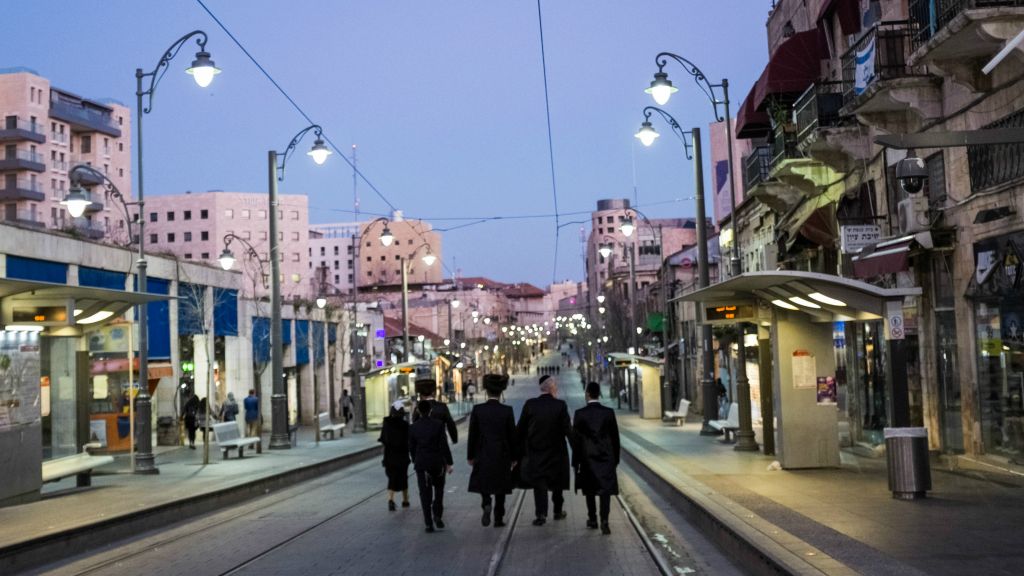I performed this on 13 December, at the Ulpan Gordon Hanukkah Show. I wanted to share it here, (apart from my ego demanding it!) because the song speaks to me so clearly.
If you remember, the original Louis Armstrong version became especially well known after its use in the movie Good Morning, Vietnam; Adrian Cronauer, the main character (and the real-life person upon whose memories and experiences of Vietnam the film is loosely based), plays the song on his morning radio show on (US) Armed Forces Radio, and the sounds of the song are juxtaposed on screen with the image of a column of troops marching somewhere, looking battle-weary. The song in its English form has become a sort of anthem to the notion that, whatever misery any one of us might be buried in at any given time, the world is still wonderful. And Armstrong gives examples of phenomena in the world that should remind us of that fact.
This is, of course an important message for each one of us. But I thought that it would particularly resonate with my fellow students in ulpan, most of whom are going through all kinds of difficulties stemming from their moving to the State of Israel. Yes, living in Israel is the Zionist Dream, but that doesn't mean it's easy! Not everyone in class has a nice US military pension and considerable savings from which to live; they are younger, and must prepare themselves for a career in Israel, to raise children there, and in some cases to serve in the army. And yet...it's a wonderful world, and I hope that my gift to them, to remind them of this fact, added to their resolve to work through all the difficulties and find their happiness in the Jewish State.






